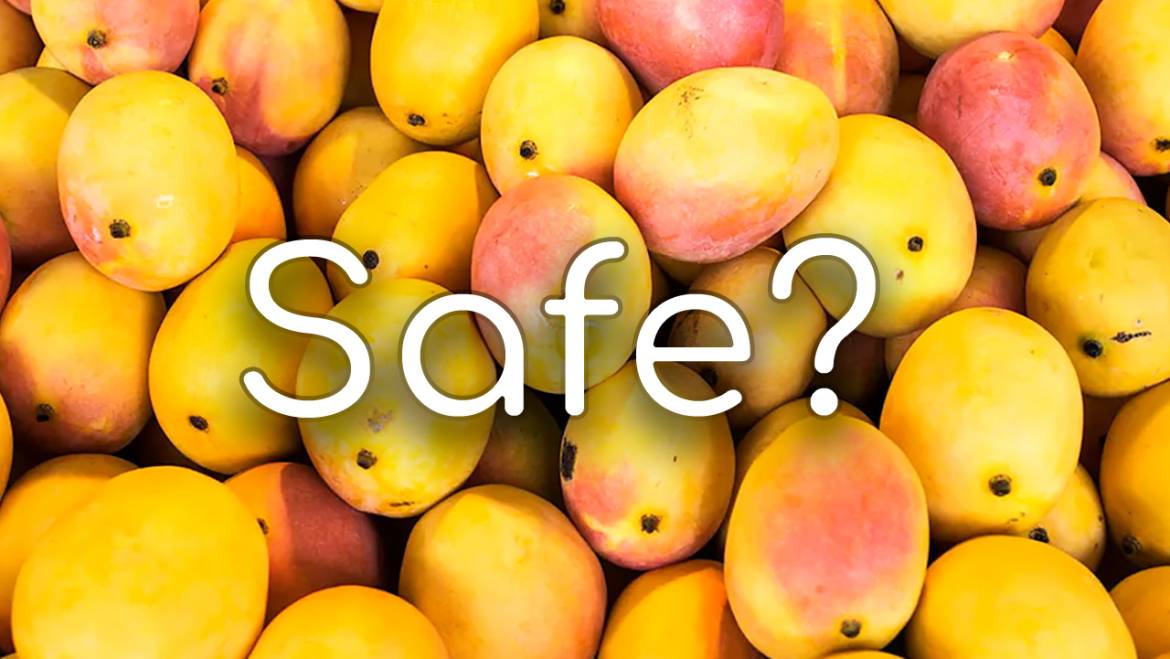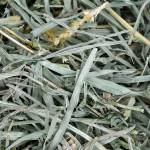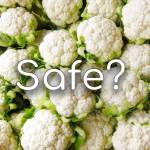As a chinchilla owner, you may be wondering if your furry friend can safely enjoy a sweet treat like mangoes. While chinchillas have specific dietary needs that should be met, they can enjoy certain types of fruits and vegetables as a supplement to their regular food. In this article, we’ll take a closer look at whether mangoes are safe for chinchillas to eat, what nutritional benefits they offer, and how to offer them in moderation.
The Nutritional Value of Mangoes
Mangoes are a tropical fruit that are rich in vitamins and minerals, making them a popular choice for human consumption. However, it’s important to understand how their nutritional content relates to chinchilla health. Mangoes are high in sugar, which can lead to digestive issues for chinchillas if consumed in excess. They also contain fiber, vitamin C, and antioxidants, which can provide some health benefits if offered in moderation.
Can Chinchillas Eat Mango?
While mangoes can technically be included in a chinchilla’s diet, it’s important to do so with caution. The high sugar content in mangoes can cause digestive upset and other health issues if consumed in large quantities. In addition, the high acid content in mangoes can irritate a chinchilla’s sensitive digestive system. Therefore, mangoes should be offered only in small amounts and as an occasional treat rather than a regular part of a chinchilla’s diet.
How to Offer Mango to Your Chinchilla
If you choose to offer your chinchilla a small piece of mango, it’s important to prepare it in the right way. First, wash the mango thoroughly to remove any pesticides or chemicals. Then, remove the skin and seed to prevent choking hazards. Finally, cut the flesh of the mango into small pieces and offer them to your chinchilla as a treat. Remember to limit the amount of mango you give your pet to avoid digestive upset.
Other Safe Treats for Chinchillas
If you’re looking for other safe treats to offer your chinchilla, there are plenty of options that can provide nutritional benefits without the risks associated with high-sugar fruits like mangoes. Some safe treats for chinchillas include:
- Small pieces of fresh vegetables like carrots, broccoli, and bell peppers.
- Timothy hay cubes or hay-based treats.
- Small amounts of fresh fruits like apples, strawberries, and bananas.
- Commercial chinchilla treats specifically designed for their nutritional needs.
Signs of Digestive Upset in Chinchillas
It’s important to monitor your chinchilla for signs of digestive upset whenever you offer them a new food or treat. Some common signs of digestive upset in chinchillas include diarrhea, decreased appetite, lethargy, and bloating. If you notice any of these symptoms, remove the new food from your chinchilla’s diet and consult with a veterinarian if necessary.
In conclusion, mangoes can be a tempting treat to offer your chinchilla due to their sweet and tropical flavor. However, it’s important to understand the nutritional value and potential risks associated with feeding mangoes to chinchillas. While mangoes do contain some beneficial nutrients, the high sugar content and acidity can cause digestive upset if consumed in large quantities. Therefore, mangoes should only be offered in small amounts and as an occasional treat. It’s important to monitor your chinchilla for signs of digestive upset and consult with a veterinarian if necessary. By offering your chinchilla a balanced diet of hay, pellets, and fresh vegetables, along with safe and nutritious treats, you can ensure that they live a healthy and happy life.







